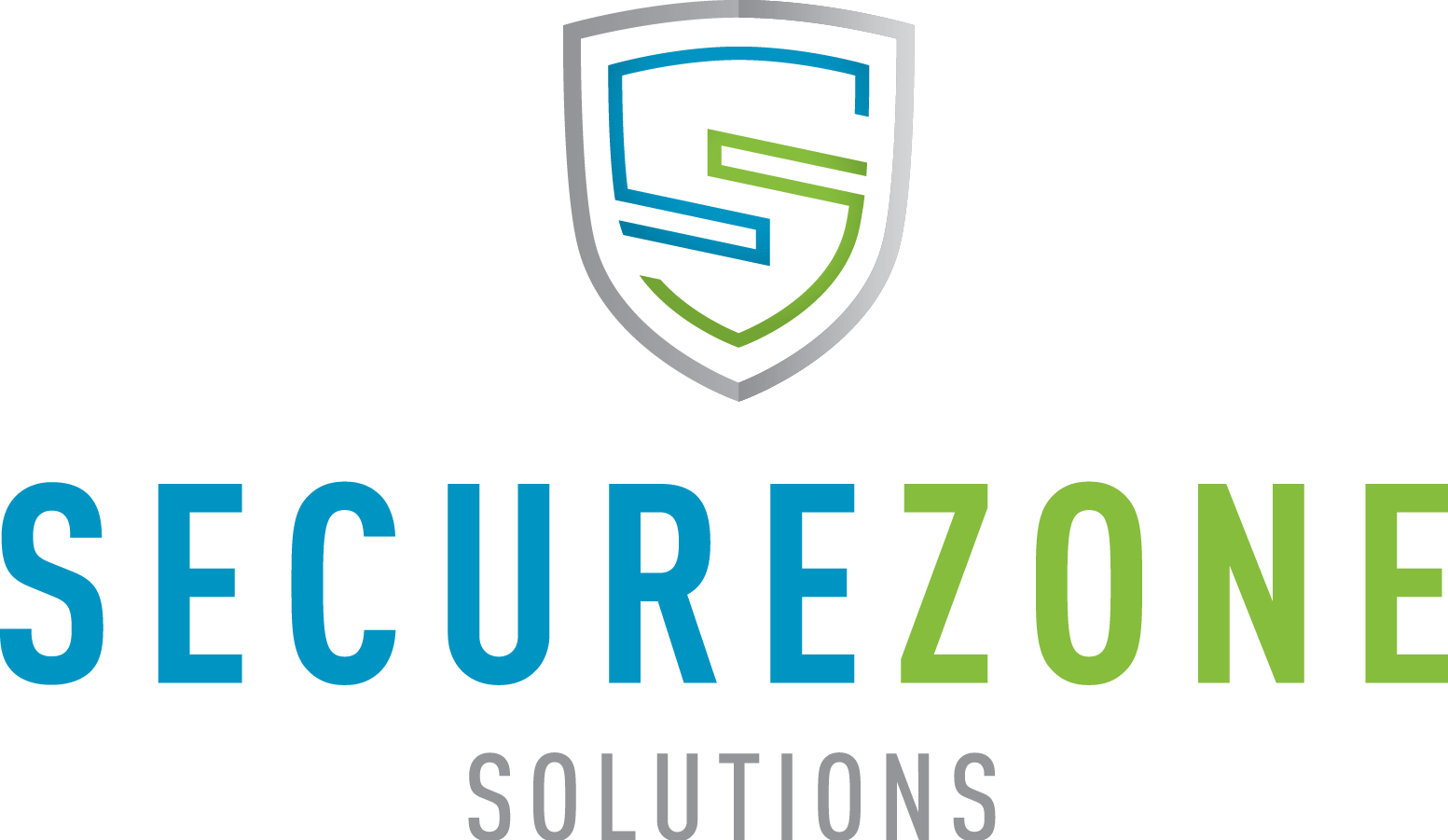Stop overpaying for essential mobile device management. CodeProof delivers comprehensive, enterprise-grade security and control—from remote wipe to kiosk mode—at a fraction of the cost of premium competitors. In the Philippines and beyond, we give SMBs the power to secure their mobile fleet and scale faster, all while achieving the 70% cost savings your business demands. Get Started Free Schedule a Demo Enterprise-Grade Security Protect devices with features like remote wipe, kiosk mode, and compliance enforcement.
Built for SMBs
- Affordable pricing tailored to small and medium businesses without sacrificing control.
70% Cost Savings
- Cut expenses compared to premium competitors and scale your business faster.
- Ready to Secure Your Mobile Fleet?
- Start protecting your devices today and experience the CodeProof advantage in affordability and security.
How Codeproof prevent attacks?
- Codeproof (a Silicon Valley-based cybersecurity company) can help mitigate and prevent many of the cyber attacks targeting Philippine firms, such as the phishing, ransomware, and business email compromises (BECs) highlighted in recent reports. While no single tool can “stop” all attacks entirely—cyber threats evolve rapidly—Codeproof’s platform focuses on endpoint security and mobile device management (MDM), which addresses a key vulnerability: unsecured employee devices (e.g., smartphones, tablets, and laptops). These are often the entry points for attacks in the Philippines, where mobile usage is high and remote work has surged post-pandemic.
- Codeproof’s Cyber Device Manager® is an AI-powered Unified Endpoint Management (UEM) solution that secures Android, iOS, Windows, macOS, and Linux devices. Here’s how it aligns with common Philippine cyber threats:
| Threat Type | How Codeproof Helps | Relevance to Philippines |
| Phishing & BECs (68–80% of incidents) | Enforces strong password policies (e.g., screen locks) to block 95% of stolen credential attacks; AI-driven threat detection flags suspicious app behaviors or malware. | Phishing attempts spiked 23% in H1 2024; Codeproof prevents data leaks via unauthorized apps or emails on mobile endpoints. |
| Ransomware (69% of firms hit) | Remote wipe/lock capabilities for lost/stolen devices; geofencing to restrict access in high-risk areas; compliance reporting for quick incident response. | Average recovery costs exceed $500K; helps avoid downtime by isolating infected devices before encryption spreads. |
| Supply Chain Breaches (84.5% affected) | Zero-touch enrollment and app distribution ensure secure third-party integrations; monitors for anomalies in vendor-supplied software. | 32% of firms lack detection—Codeproof provides visibility across BYOD and corporate devices. |
| AI-Powered Threats (78% in 2025) | AI anticipates risks and automates responses, adapting to deepfakes or adaptive malware without disrupting productivity. | Emerging in the region; aligns with the National Cybersecurity Plan 2023–2028’s push for AI-enhanced defenses. |
Key features include:
- Data Loss Prevention (DLP): Blocks unauthorized sharing of sensitive files.
- BYOD Support: Secures personal devices without invading privacy, ideal for hybrid work.
- Ease of Use: Cloud-based, with quick setup—trusted by 10,000+ global organizations, including SMEs like those in the Philippines.
Limitations and Best Practices
Codeproof excels at device-level protection but isn’t a full-spectrum solution (e.g., it doesn’t handle network firewalls or email gateways alone). For comprehensive defense:
- Pair it with tools like antivirus (e.g., K7 Enterprise Endpoint Protection) and employee training.
- Align with Philippine regulations like the Cybercrime Prevention Act (RA 10175) for incident reporting.
- Start with a free trial to assess fit—it’s designed for quick ROI, reducing breach risks by up to 95% through proactive controls.
In the Philippine context, where attacks from state actors’ hackers targeting government sites are rising, Codeproof supports the DICT’s push for endpoint resilience. If your firm uses mobile-heavy workflows (common in BPO/finance), it’s a strong fit.
